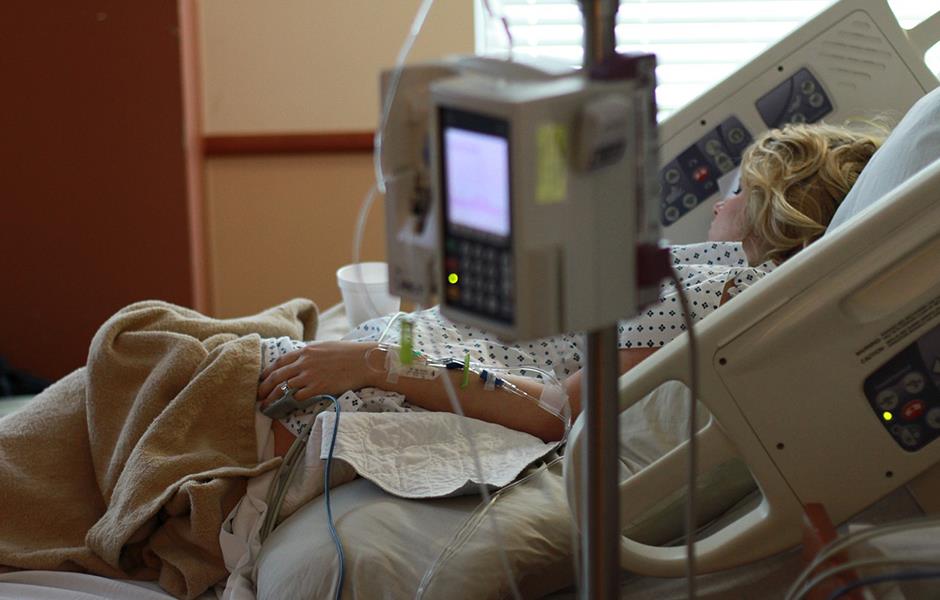At least one adverse event occurs in 6% of hospital admissions in Portuguese public hospitals, a situation that is associated with a 5% to 7% increase in the risk of death in these patients and that costs the National Health System more than 100 million euros a year. The results are from a scientific study developed by CINTESIS – Center for Health Technology and Services Research.
The research work was published in the Journal of Medical Systems, and the objective was to assess the frequency and impact of adverse event experienced by in-patients in Portugal. For that, the team led by Alberto Freitas, a CINTESIS specialist in health data analysis, assessed the hospitalization records from all national public hospitals during the period from 2000 to 2015.
The results showed that the frequency of adverse events increased substantially from 2.3% to 8% between 2000 and 2015. There were more than 500,000 unexpected complications following medical procedures, with subsequent reactions to drugs (279,000). Errors resulting from healthcare provided by health professionals are the least frequent (only 90,000 occurrences over the 16 years of the study).
Alberto Freitas clarifies that “at the international level there is also an increase in adverse events” and points out two possible explanations for this phenomenon: “on the one hand, health professionals are more rigorous in recording these occurrences and, on the other hand, there is an actual increase of adverse events, and this can happen for several reasons such as the ageing of the population.”
In this study, the authors realized that there are, in fact, factors that are associated with an increased risk of suffering an adverse event. “Old age and the coexistence of several diseases are two of the factors that can potentiate the occurrence of an adverse event, whether it is a failure due to the action of a health professional, an unexpected complication, or a drug reaction,” says Bernardo Sousa Pinto, researcher of CINTESIS and first author of this work.
The results also showed that patients who suffered an adverse event remain hospitalized twice the time of patients whose hospitalization was within normal limits. “In total, between 2000 and 2015, 5 million additional days of hospitalization were recorded, which could have been partially avoided,” explains the researcher Bernardo Sousa Pinto.
In the context of this work, it was also possible to estimate the financial costs associated with these occurrences. “Whereas in normal hospitalization, the median costs are 1,760 euros, the hospitalizations that register adverse events exceed 3,000 euros,” says Alberto Freitas, adding that during the period from 2000 to 2015, adverse events were associated with increases in the expenses of the National Health System in 1,700 million euros.
This work is part of a larger project, developed by CINTESIS, which aims to extract relevant information from the data collected daily by Portuguese public hospitals.
In addition to Alberto Freitas and Bernardo Sousa Pinto, the study had the collaboration of researchers Bernardo Marques and Fernando Lopes.

